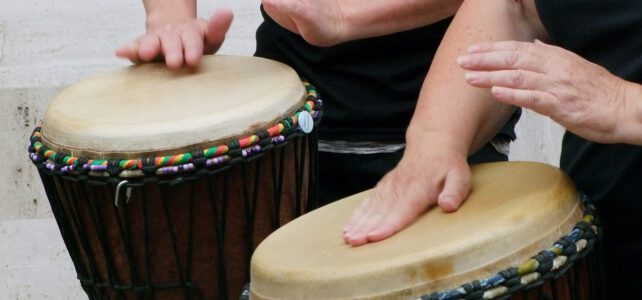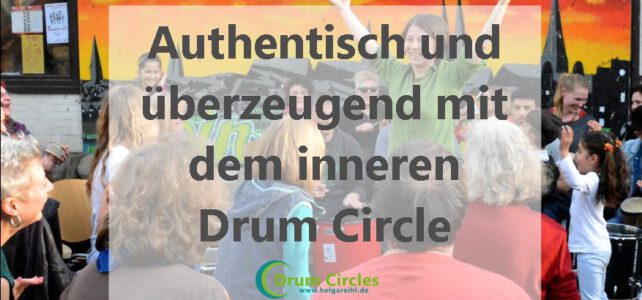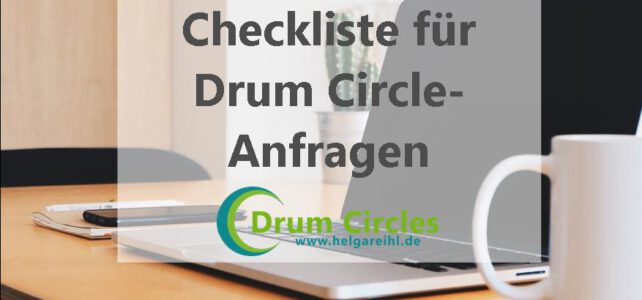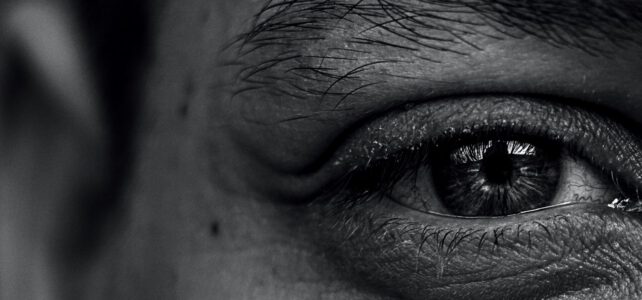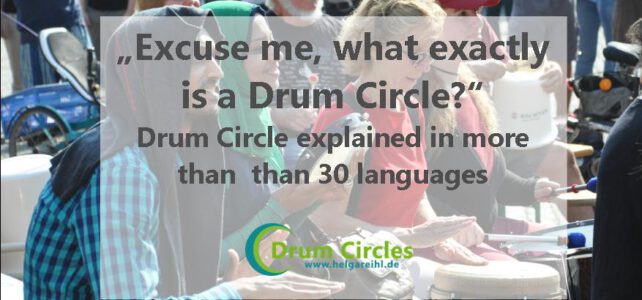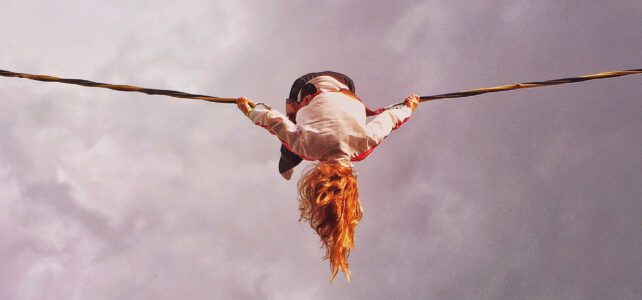Mit der zunehmenden Anzahl an Forschungsarbeiten, die die positive Wirkung des Trommelns belegen, steigt die Aufmerksamkeit für diese Methode in der psychotherapeutischen Praxis. Simon Faulkner beleuchtet in diesem Artikel die Parallelen zwischen körperorientierten Therapieformen und der Nutzung des Trommelns im therapeutischen Kontext.
Faktenblatt Rhythmus und Trauma
